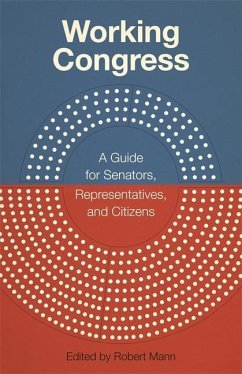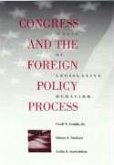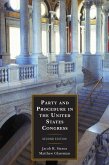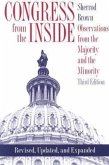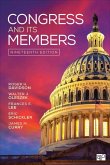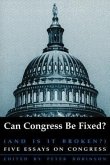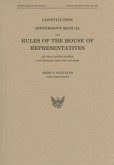In 1964, as the polarizing Civil Rights Act made its way through the House and Senate, and Congress navigated one of the most tumultuous eras in American history, a Harris Poll put the institution's approval rating at 60 percent. Why then, fifty years later, has the public's approval of Congress eroded to an all-time low of 10 percent? Working Congress: A Guide for Senators, Representatives, and Citizens seeks to isolate the reasons for Congress's staggering decline in public opinion, and to propose remedies to reverse the grave dysfunction in America's most important political institution. Aided by the input of retired members of Congress from both major parties, editor Robert Mann and his fellow contributors identify paralyzing partisan rancor as perhaps the most significant reason for the American public's declining support of its main representative body. The lack of mutual trust within Congress reflects (and creates) the suspicion and animosity of the great majority of Americans. Working Congress argues that members of Congress must find a path to cooperation if they are to function as the representative institution the Founders intended. Trenchant chapters by Mickey Edwards, Ross K. Baker, Frances E. Lee, Brian L. Fife, Susan Herbst, and Mark Kennedy analyze the problems and challenges facing Congress and suggest solutions to counteract partisan gridlock. Though these scholars and former members share a conviction that men and women of good will can and should work together, they do not assume that their solutions will herald a bipartisan utopia. Instead, they recognize that Congress is, and will always be, a work in progress.
Hinweis: Dieser Artikel kann nur an eine deutsche Lieferadresse ausgeliefert werden.
Hinweis: Dieser Artikel kann nur an eine deutsche Lieferadresse ausgeliefert werden.

